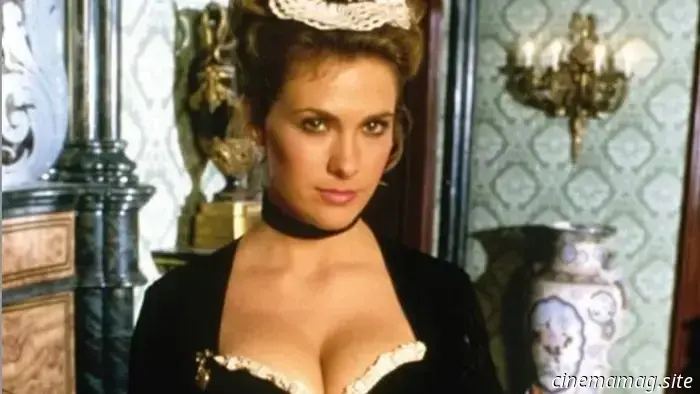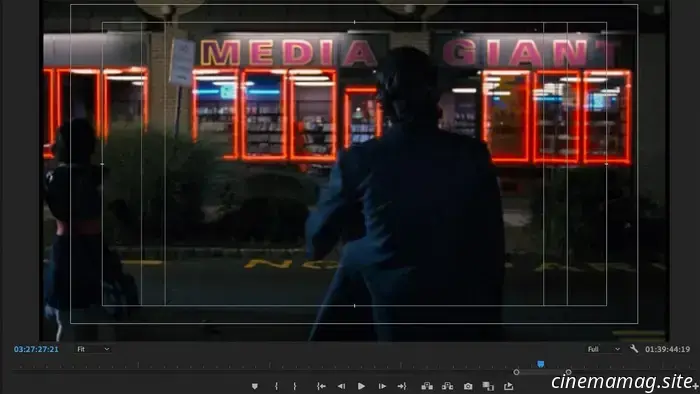
What Rounders Truly Instructed Poker Players About Ego - MovieMaker Magazine
Rounders transformed both poker rooms and living rooms when it premiered in 1998. In the film, Matt Damon's character Mike McDermott plays with confidence, risking his bankroll on bold moves that send mixed messages to onlookers.
From the beginning, the film illustrated that ego can be a double-edged sword. Mike enters a high-stakes game against Teddy KGB, wagers his $30,000 savings on a single hand, and ultimately loses, showcasing a disregard for sound bankroll management.
Mike's friend Worm resorts to cheating out of his contempt for losing and his desire to appear knowledgeable at any cost. His arrogance leads to collusion and demonstrates that a large ego is hard to conceal. Similarly, John Malkovich's Teddy KGB undermines other players' confidence with insults, showing that an inflated ego can have dual effects, luring weaker players into hasty decisions as they strive to assert themselves.
When Ego Takes Center Stage
Ego manifests in both casual low-stakes home games and intense high-stakes competitions played for real money. It surfaces when someone attempts a bluff in a $1/2 home game, participates in their first casino tournament, or buys in online with several entries while pursuing quick profits. Rounders prompted a reflection on how pride can be costlier than chips when real money or one's reputation is at stake.
Real-World Reflections
Chris Moneymaker popularized poker to a broader audience in 2003, crediting Rounders as the reason he transitioned from accounting to poker. He pursued lofty aspirations, overspent, and later confessed to losing grip on his bankroll due to pride. He wasn't alone; poker forums exploded after the film's release, with over a third of contributors admitting to making bolder calls because they believed they could outmaneuver others. Many went on to share stories of wiping out due to a single ill-timed decision.
The televised poker surge in the early 2000s leveraged the film's portrayal of ego. Hole-card cameras heightened the importance of table image, favoring loud or dramatic players who often drew the most attention. Doug Polk and Maria Ho discussed how televised poker made ego-driven moves appear profitable and entertaining, despite statistics indicating that most players end up losing money from such tactics.
Research from MIT in 2024 revealed that players who viewed Rounders prior to a session tended to make larger bets and call more frequently when pressured. Brain studies indicated these players were driven by emotional impulses.
Coaching and Warning Signs
Poker analysts quickly recognized Rounders-inspired errors among their students. Phil Gordon noted in 2022 that many amateurs referencing the film struggled to lower their stakes, focusing more on image than on profitability. Some aspired to quit their jobs to pursue professional play after watching Damon’s character, only to later express regret upon understanding that poker requires more than just boldness and pride.
An odd trend emerged in both live and online games, where players began buying in with large stacks to intimidate opponents. Regular players soon caught on, capitalizing on those who prioritized being feared over making sound decisions. The scene from the law school made multitasking at the poker table popular, but data from nearly a decade indicates that distracted players tend to lose money and suffer the consequences of their ego.
Lessons Learned
The most significant lesson of Rounders isn't about bluffing or executing a hero call, but rather the consequences of letting ego take the lead. The fixation on reading tells from players' fingers or snacks led to a decade of newcomers attempting to read opponents at the table, but solver data shows these reads are relevant in only a select few hands.
Some professionals today employ the perceived weakness strategy made famous by Damon’s understated approach in the final hand. They entice overconfident players to walk into traps. Landon Tice frequently highlights this strategy, finding that allowing players to believe they can dominate him creates more action.
Matt Damon even lost $25,000 to Doyle Brunson while preparing for the film, reinforcing that cinematic ego often falters in real poker settings.
For players, the crucial takeaway is that achieving long-term success hinges on balancing strategic insight with humility. Letting ego take charge can compromise outcomes at the table.
Other articles
 12 Timeless Films That Failed at the Box Office
These classic films flopped at the box office, yet their standing has grown over the years and decades that followed.
12 Timeless Films That Failed at the Box Office
These classic films flopped at the box office, yet their standing has grown over the years and decades that followed.
 Emulsion Episode Ten: Alex Ross Perry and Clyde Folley Discuss Videoheaven
No dialogue might capture the essence of lived experience more effectively than this quote from John Huston’s Noah Cross: “Of course I'm respectable. I'm old! Politicians, ugly buildings, and whores all become respectable if they endure long enough.” I reflected on this line—one that crosses my mind at least once a week—while watching Alex.
Emulsion Episode Ten: Alex Ross Perry and Clyde Folley Discuss Videoheaven
No dialogue might capture the essence of lived experience more effectively than this quote from John Huston’s Noah Cross: “Of course I'm respectable. I'm old! Politicians, ugly buildings, and whores all become respectable if they endure long enough.” I reflected on this line—one that crosses my mind at least once a week—while watching Alex.
What Rounders Truly Instructed Poker Players About Ego - MovieMaker Magazine
Rounders transformed poker rooms and living rooms alike when it premiered in 1998. Matt Damon’s character, Mike McDermott, took a seat with assurance, wagering his bankroll on the
